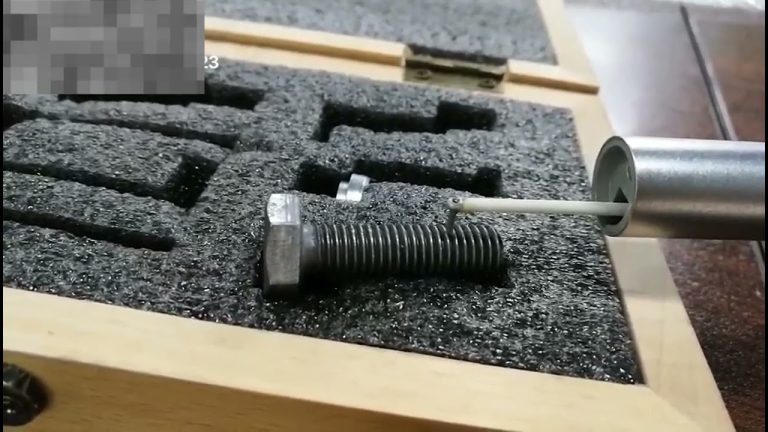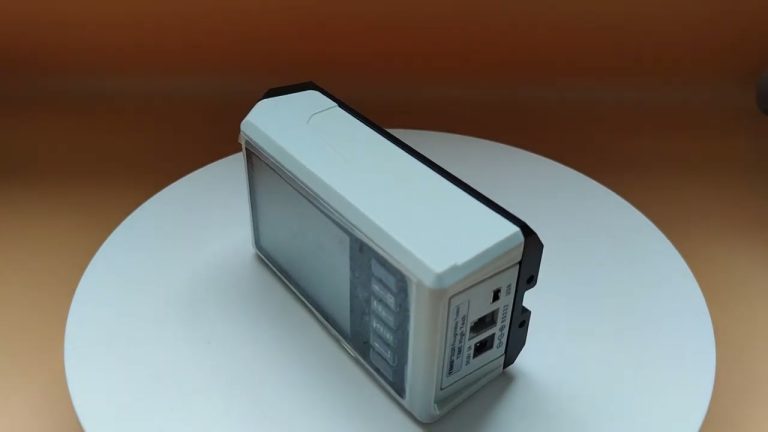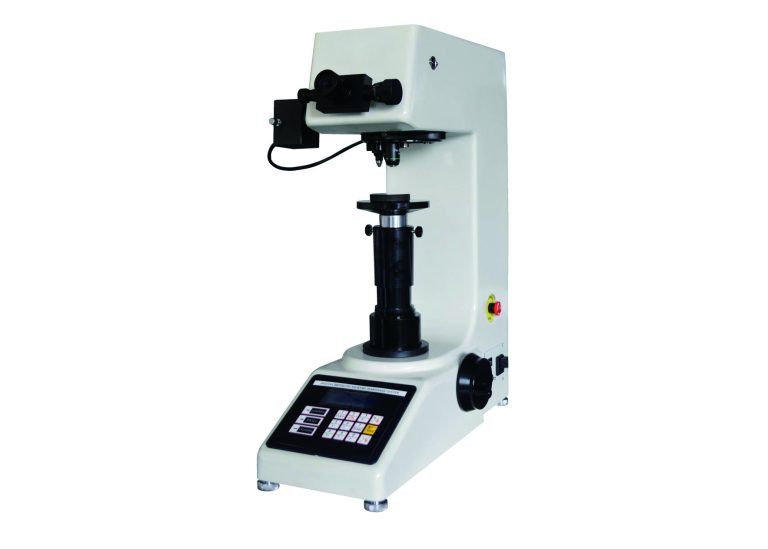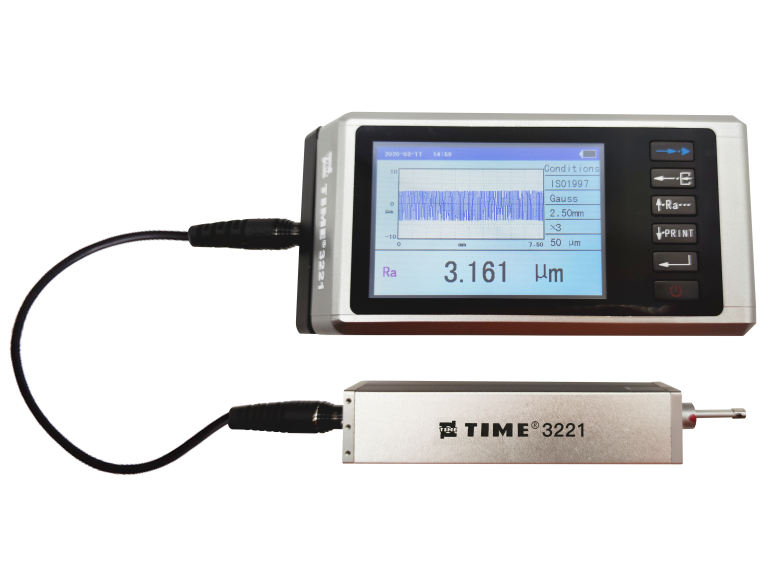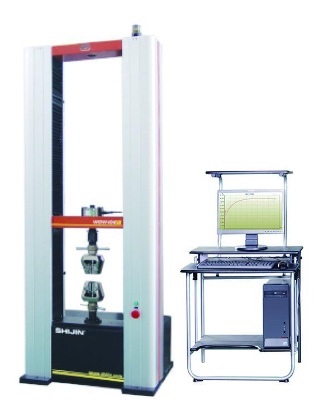Shore hardness testers serve several critical functions in material testing:
1. Quality Control
In manufacturing processes, ensuring that materials meet specific hardness standards is crucial for product quality. Shore hardness testers help manufacturers maintain consistency and reliability by providing precise hardness measurements.
2. Material Selection
When selecting materials for specific applications, hardness is a key factor. Shore hardness testers aid engineers and designers in choosing the right materials based on their hardness properties, ensuring optimal performance in the intended application.
3. Research and Development
In R&D environments, understanding the hardness characteristics of new materials is essential. Shore hardness testers are vital tools for researchers developing innovative materials or improving existing ones, as they provide valuable data for material analysis.
4. Compliance Testing
Many industries have regulations and standards that materials must meet. Shore hardness testers are used to verify compliance with these standards, ensuring that products are safe and effective for their intended use.
Shore hardness tester is an indispensable tool in various industries for measuring the hardness of materials. Its classification into different scales—Shore A, Shore D, and Shore O—allows for precise measurements across a range of material types.
By serving functions such as quality control, material selection, research and development, and compliance testing, Shore hardness testers play a crucial role in ensuring the performance and reliability of materials in numerous applications. As technology continues to advance, digital Shore hardness testers are likely to enhance the accuracy and efficiency of hardness testing even further.


